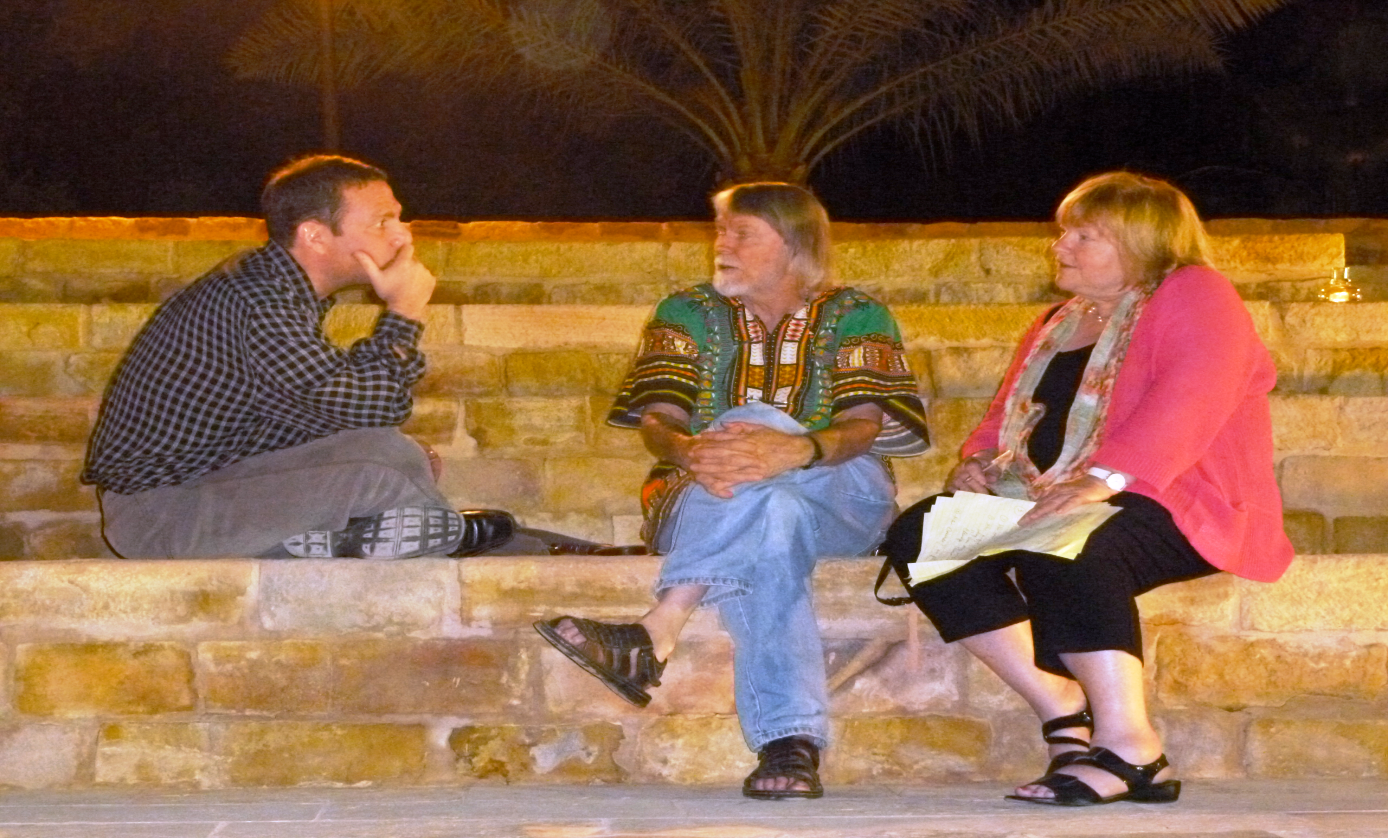 “This was one of the most thrilling events in all my years of doing access to justice work. It was a great honor to witness first-hand representatives from throughout the region pro-actively and positively working together, setting aside long-standing differences to achieve a clear common good — something almost unimaginable just a short time ago. – Bruce A. Lasky, Co-Director, BABSEACLE, shown here with GAJE members David McQuoid-Mason and Catherine Klein.
“This was one of the most thrilling events in all my years of doing access to justice work. It was a great honor to witness first-hand representatives from throughout the region pro-actively and positively working together, setting aside long-standing differences to achieve a clear common good — something almost unimaginable just a short time ago. – Bruce A. Lasky, Co-Director, BABSEACLE, shown here with GAJE members David McQuoid-Mason and Catherine Klein.
“
Incredible, amazing, fantastic, unbelievable, first of its kind, are just some of the ways to describe the First Middle-East Clinical Legal Education Colloquium, held in Mt. Nebo/ The Dead Sea, Jordan, from May 27-28. A select group of Global Alliance for Justice Education (GAJE) members were invited to provide support for the event, including Bruce Lasky of BABSEACLE.
BABSEACLE’s experience in the development of regional networks and the kind of insight it provides was considered vital to working with the network of legal educators from the Middle-East and North Africa.
The event was organized and supported by The Protection Project at the Johns Hopkins School of Advanced Inter-national Studies, in Washington D.C, USA, with substantive technical support from GAJE. The event was conceived during GAJE’s 6th Worldwide Confer-ence in Valencia, Spain, by Mohamed Mattar, Executive Director of the Protection Project, in consultation with the GAJE Steering Committee. In addition to BABSEACLE, GAJE and CLE representatives came from South Africa, Bangladesh, Spain, the USA and Poland to provide support.
As the first forum of its kind in the Middle-East, the colloquium was primarily aimed at generating interest in clinical legal education in the region. It was also meant to help build the capacity of faculties of law to establish and develop new — or to expand and improve existing — clinical programs. While the clinical movement in the Middle East has been somewhat slower to develop than in other regions of the world, interest has been rising in recent years. A number of universities in the region now boast either beginning or fully developed clinical programs, including in Jordan, Egypt, Palestine, Israel, Afghanistan and Pakistan; and interest is growing among the Gulf Cooperation Council members and in the Maghreb.
The colloquium was designed to help build the capacity of those clinics, as well as to introduce the clinical method to those who remained reluctant, unsure, or unaware of CLE and its advantages. Participants agreed it was a success on both counts.
